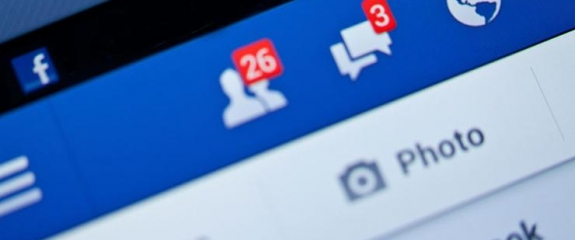Facebook time travel

Do you spend hours and hours browsing status updates? Taking a quick peek at pictures on your friends' Facebook page? You may be spending more time on social media than you think according to a new study. According to researchers, using Facebook may lead to impaired time perception.
Scientists from the Centre for Cognitive Neuroscience and Cognitive Systems at the University of Kent, UK reported the findings of their study in the Journal of Applied Social Psychology. Although smartphones and tablet computers allow us to check e-mails on the go or search for directions the ready access to social media has associated disadvantages.
Several studies have already demonstrated that smartphones can lead to internet addiction and that this can have a detrimental effect on mental health and well-being. With the increasing power of internet over the last decade there as been increasing opportunity to access to social media sites such as Facebook. According to a 2016 report from the Pew Research Center, around 76% of Facebook users visit the site every day, with 55% of these visiting the site several times daily.
Previous research has shown that frequent Facebook use has the potential to increase the risk of depression and other mental health issues. The current work set out to investigate how internet use and interaction with Facebook impacts on the perception or time, an association that could have important implications for addition research. The study in 44 adults presented participants with various images: five images were Facebook-related, five associated with the Internet in general and 10 generic 'control' images. Images were displayed for different lengths of time. After viewing each image, the subjects reported whether they had seen the image for a short or long period of time. Participants were more likely to underestimate the amount of time spent viewing Internet- and Facebook-related images, compared with when they viewed the control images. Facebook-related images were associated with the greatest distortion in time perception.
Researchers concluded that Internet- and Facebook-related stimuli distort time perception due to attention- and arousal-related mechanisms that modify the attention process.


